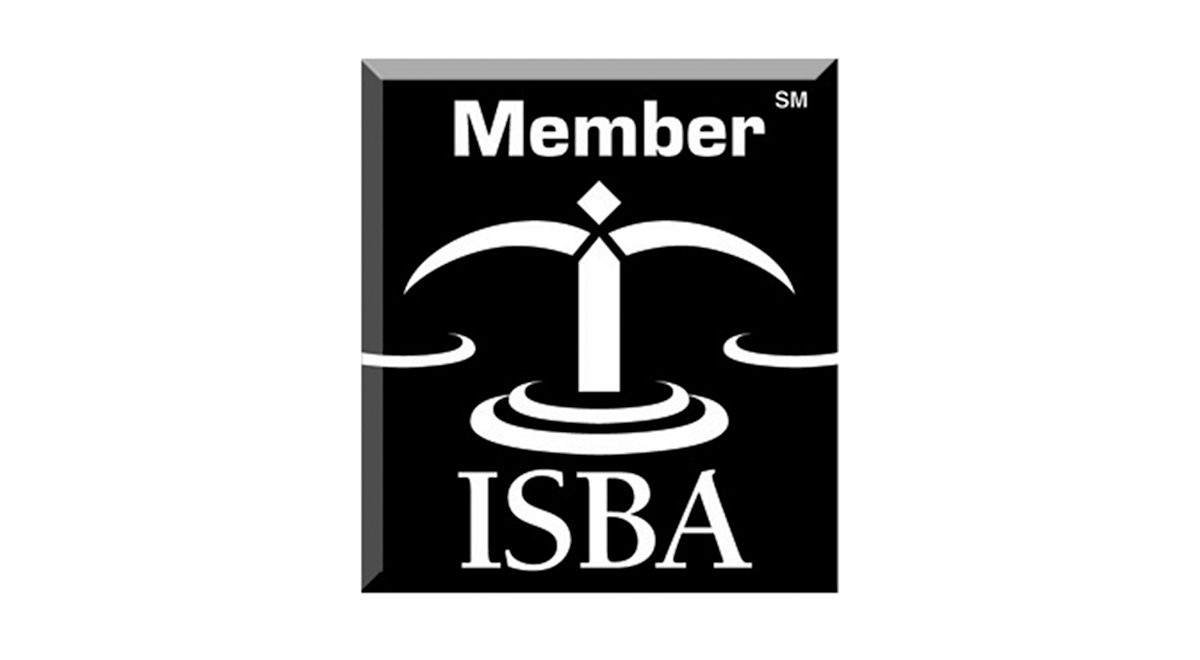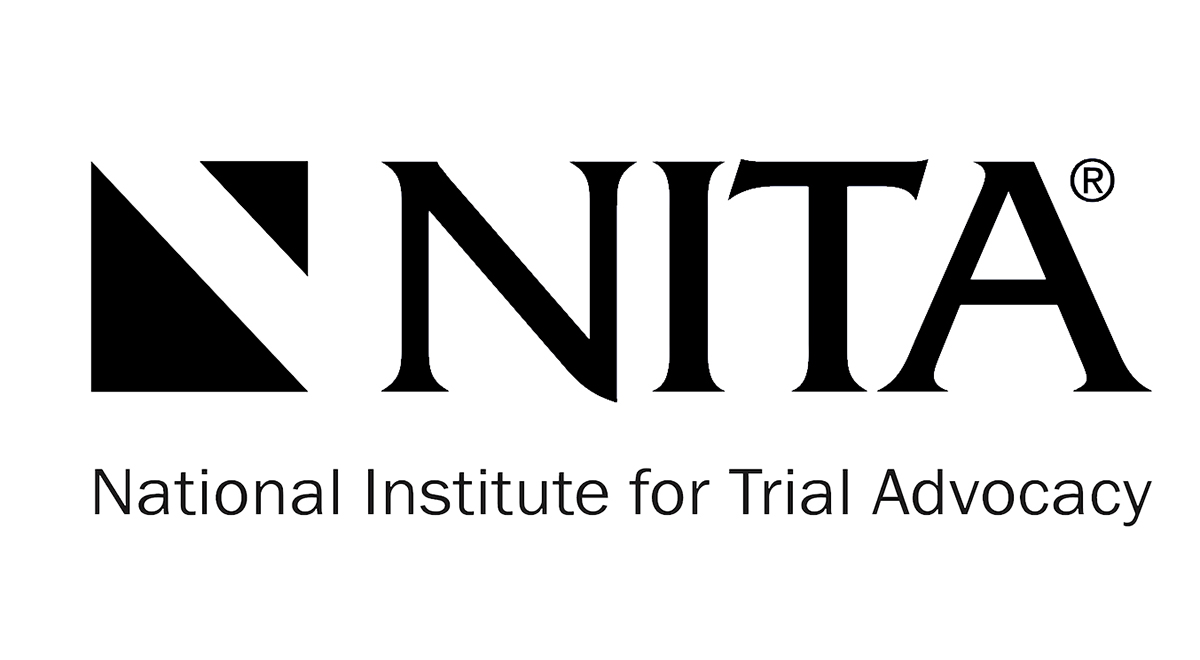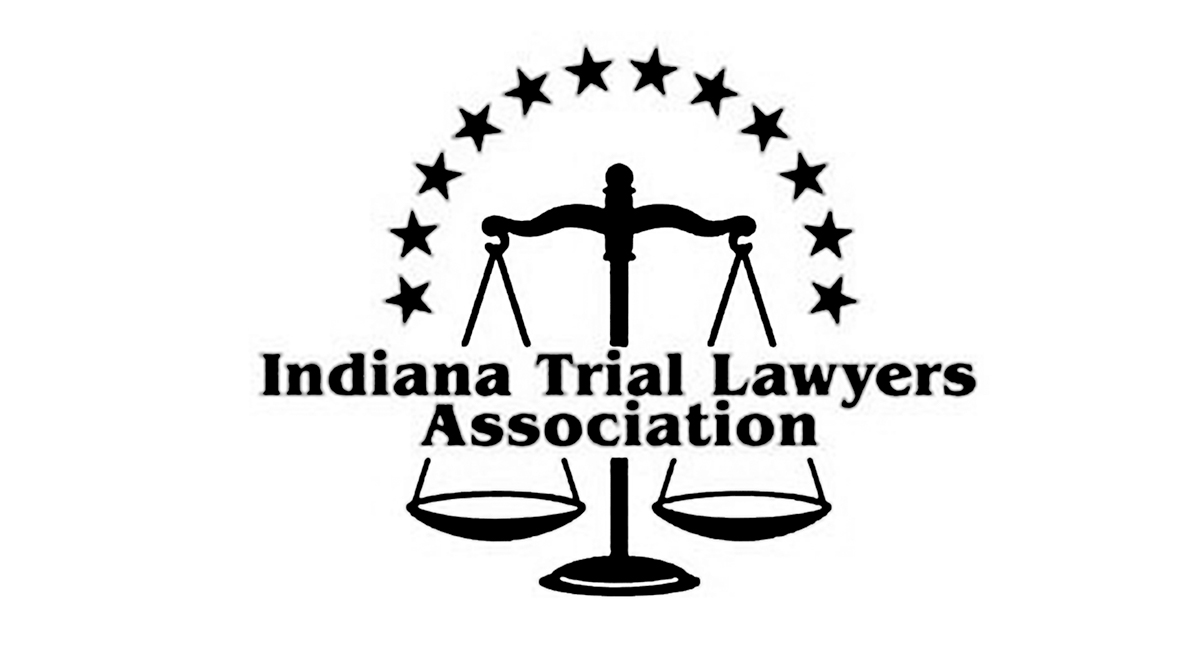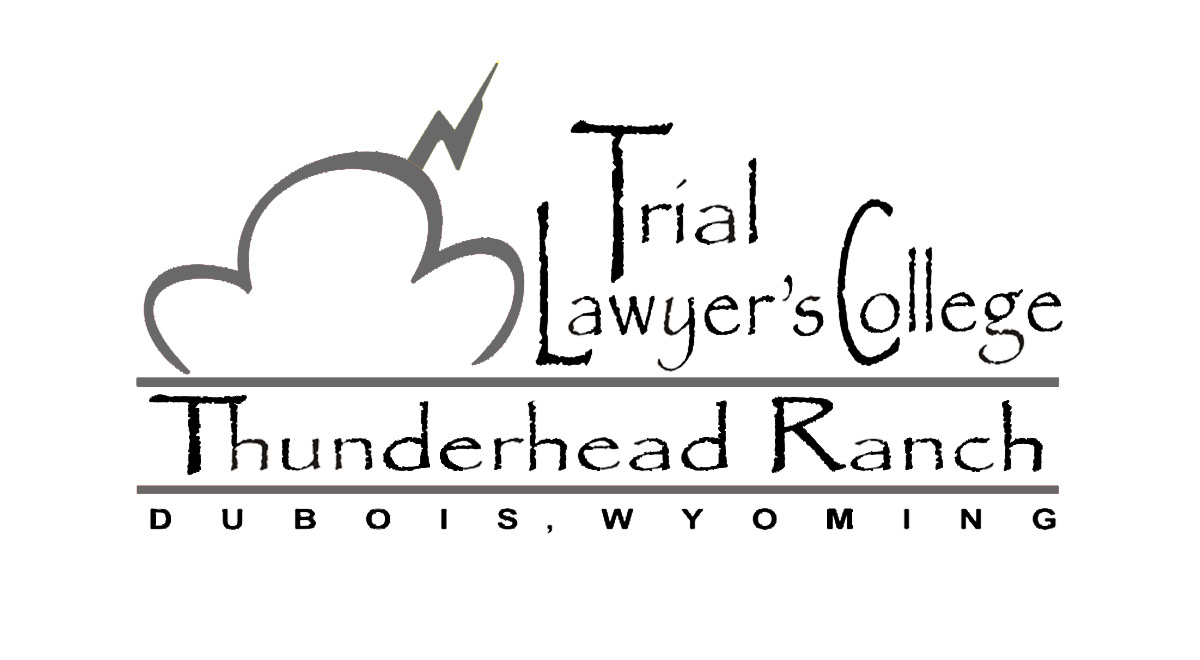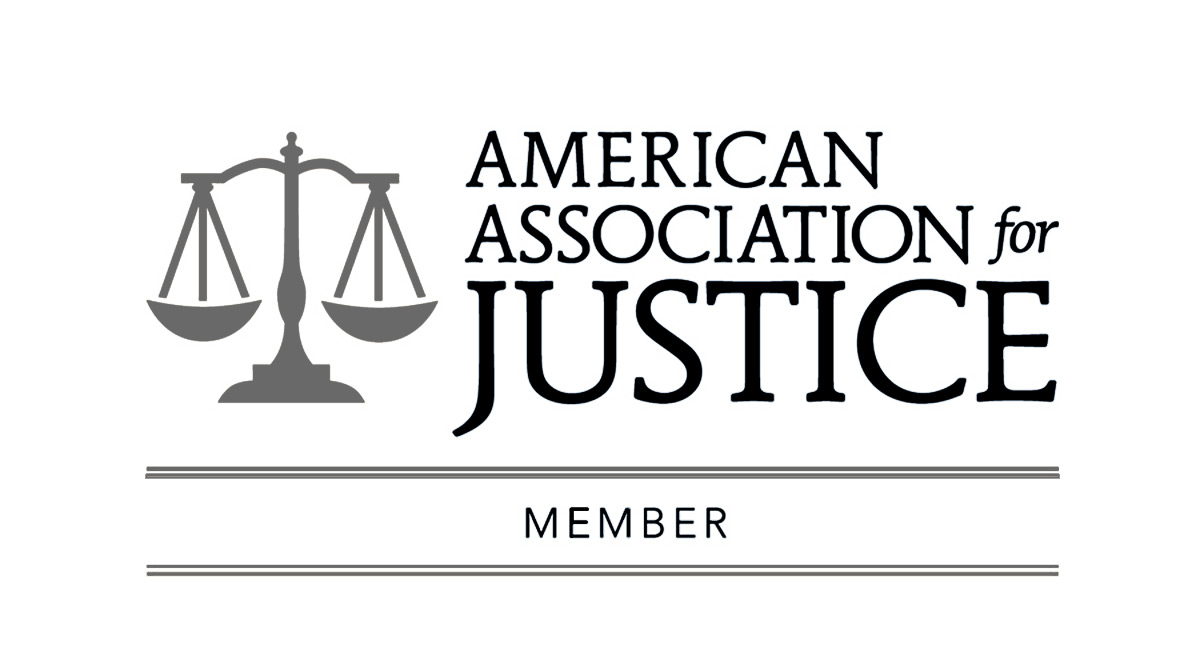
There may be nothing as terrible as losing a loved one unless it is losing a loved one to someone’s careless or negligent act. When a family member is killed in a car accident caused by a DUI or reckless driving, you may be angry, confused, and wondering what your options are.
A wrongful death is not a criminal case, but you still have a right to legal compensation for the injury you have suffered. If a family member has been killed in a car accident, you should seek legal assistance right away so we can help you obtain the compensation you deserve. Contact the Valparaiso wrongful death attorneys of Custy Law Firm | Accident & Injury Lawyers at (219) 286-7361 today.
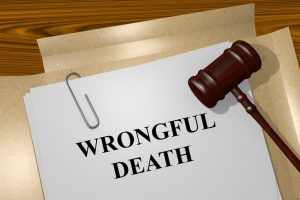
What Is Wrongful Death?
In Indiana, a wrongful death is any death where the victim could have filed a personal injury claim had they survived. Any negligent act or omission that results in a death can be a wrongful death. In a car accident, you will need to demonstrate that the other driver’s actions were directly responsible for your family member’s death.
For instance, if the driver was drunk and ran a stoplight, and the victim suffered such serious injuries they died as a result, this would be grounds for a wrongful death suit. However, if a drunk driver ran a stoplight, the victim went to the hospital, contracted pneumonia, and then died several weeks later after a reaction to antibiotics, the driver’s actions would not be directly linked to the victim’s death.
A wrongful death suit differs from a homicide case in several ways. A homicide case is a criminal matter where guilt must be proved beyond a reasonable doubt. A wrongful death lawsuit is a civil suit, so the defendant’s liability must only be shown by a “preponderance of the evidence.” This is a legal term that means “more likely than not.” Most cases still require enough evidence to show that the defendant was clearly negligent or careless in their actions.
In a homicide case, the defendant’s liberty is at stake, so the state prosecutes the case. The prosecutor is not seeking justice on behalf of the family but on behalf of the victim and for the entire state. In a wrongful death suit, you will be trying to obtain justice and compensation for yourself and your family.
Who Can File a Wrongful Death Suit?
In some states, any family member can bring a wrongful death claim. In Indiana, the identity of the decedent determines who may file a suit.
- Child victim. In Indiana, a “child” is any unmarried person without dependents under the age of 20 or under the age of 23 who is attending college. Only the parent or parents may file a wrongful death lawsuit on behalf of a child. If the child has no parents, the child’s legal guardian may file suit.
- Adult victim. Only the personal representative of the victim’s estate may file a wrongful death lawsuit. If the person died without naming an executor, a judge will name someone at another hearing.
- Viable fetus. Parents may also file a wrongful death suit for the death of a viable fetus.
In all these cases, the burden is on the plaintiff (you) to prove that the defendant is liable for the death due to their negligent, careless, or reckless conduct or their failure to act in a reasonable manner.
What Outcome Can I Expect?
In most cases, you can be awarded funeral and burial expenses, medical expenses, future earnings (if the victim was an adult with dependents), and “loss of consortium.” This legal term means the loss of the love and companionship the family members will miss out on because of the death of their loved one.
Loss of consortium is a strange thing to put a dollar value on, but this loss is the one that the family feels most strongly in filing a wrongful death suit. Especially in DUI accidents and other car accidents, where the driver may not suffer criminal penalties for their actions, payment for the loss of a loved one may be the only satisfaction the family can get.
In Indiana, loss of consortium recovery is capped at $300,000. You may also receive compensation for therapy necessary to cope with the grief and trauma associated with the loss. Children who lose parents are entitled to recover for the lifetime’s loss of their parents’ companionship and teaching.
Because of the loss of consortium recovery, Indiana does not allow punitive damages or pain and suffering in a wrongful death lawsuit. These additional awards, which are available in a personal injury suit, are part of the loss of consortium award in a wrongful death suit.

How We Can Help
If you have lost a family member because of someone’s negligent or careless behavior in a car accident or other accident, you may be considering legal action. Contact Custy Law Firm | Accident & Injury Lawyers and let us review your case. You need competent, compassionate help during this difficult time.
Because the plaintiff must prove the defendant is responsible for the wrongful act, you need attorneys who can gather the information about the accident and present the case to the court. We can help you locate witnesses whose testimony is essential. And since you are probably overwhelmed right now, we will handle all the deadlines and paperwork, so you won’t have to worry about them.
In Indiana, a personal injury case can be filed up to two years after the date of the injury. Wrongful death has the same statutory deadline. You should have legal assistance so that you don’t miss a deadline and lose your chance to file your case.
Contact Us Today
If your family member died in a car accident caused by another person’s carelessness or negligence, you are entitled to fair compensation for your loss. You shouldn’t have to fight alone. Contact our legal team today for a free and confidential consultation. We can discuss your alternatives and advise you about your next best steps. Our compassionate attorneys from Custy Law Firm | Accident & Injury Lawyers are waiting for your call at (219) 286-7361 today.

